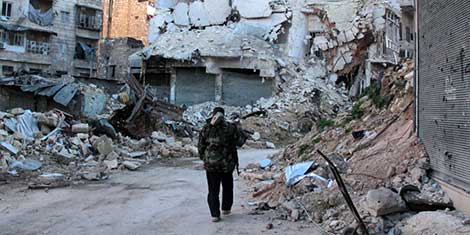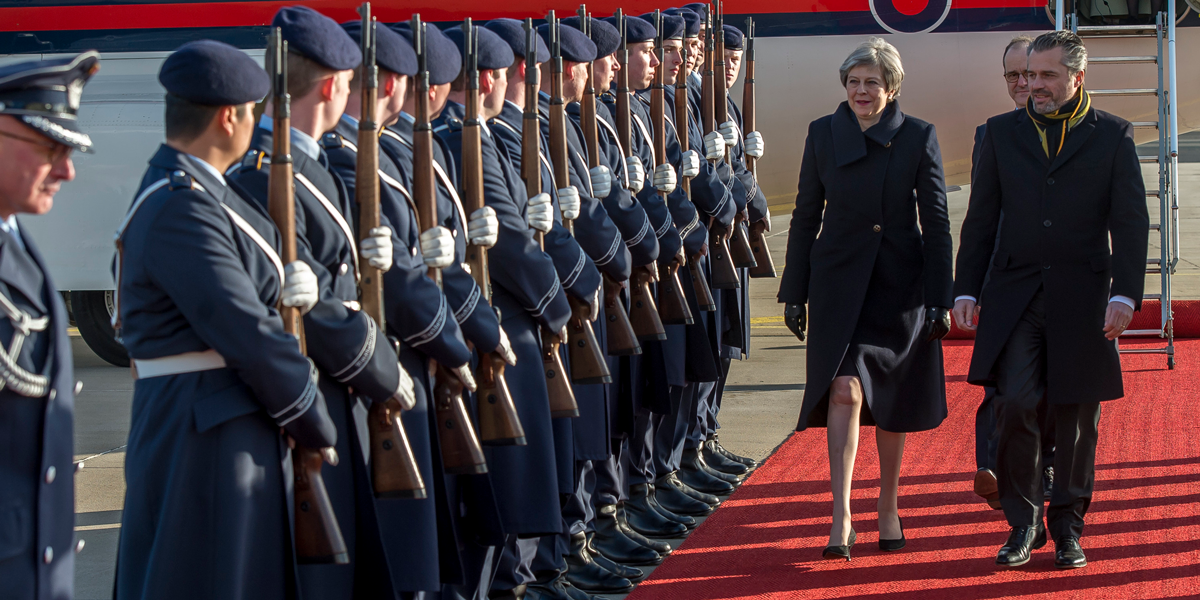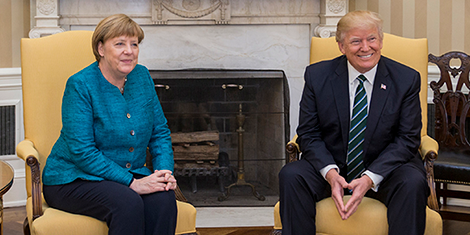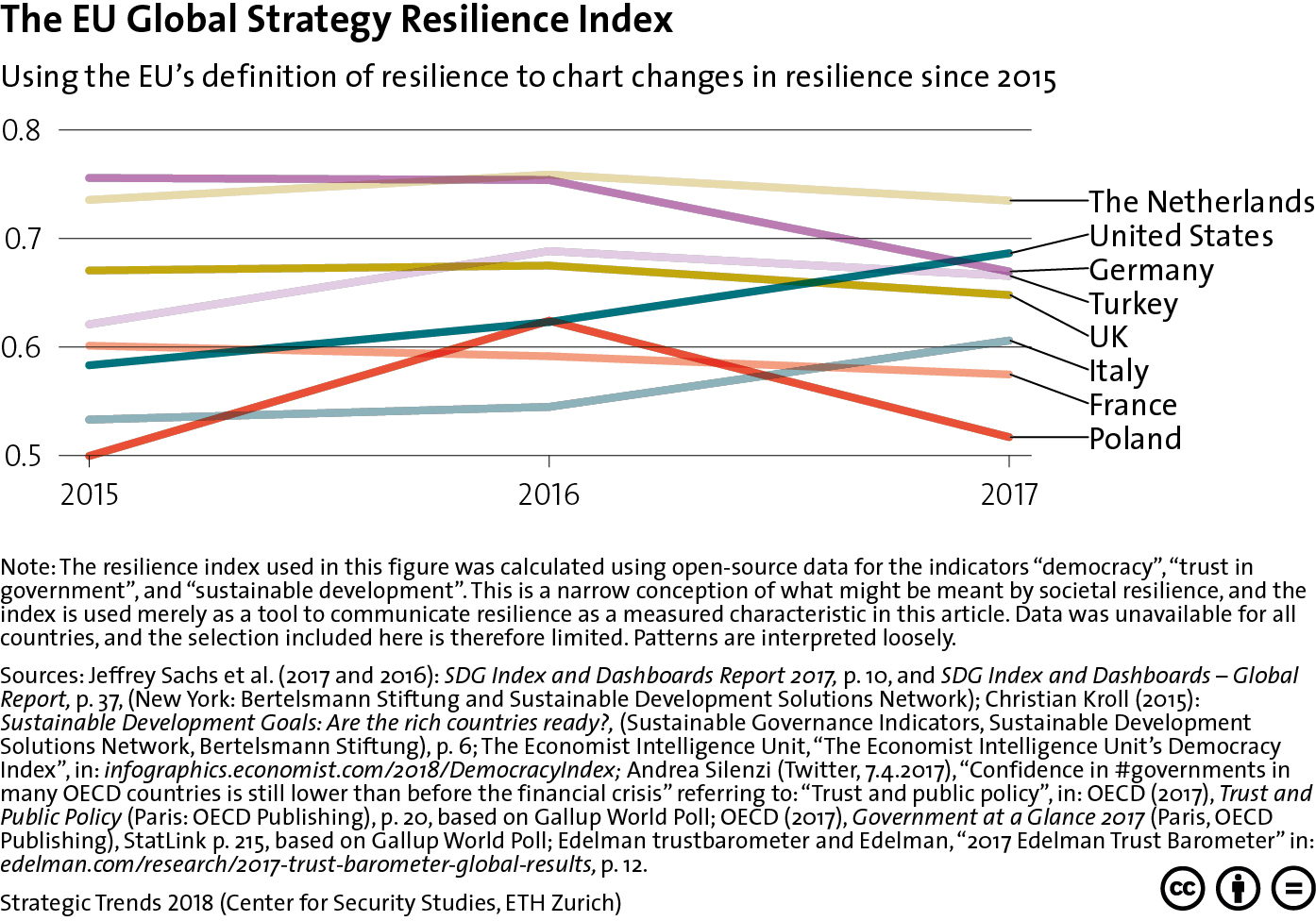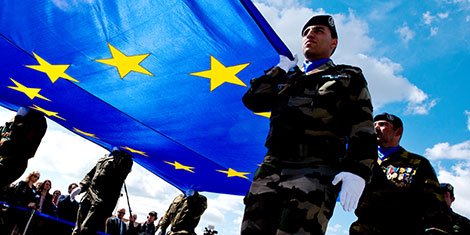
This article was originally published by the Danish Institute for International Studies (DIIS) on 6 September 2018.
The security environment of the EU is being subjected to unprecedented challenges by new kinds of threat that require new kinds of responses. Migration pressures, hybrid threats, transnational crime and terrorism can only be managed by adopting a comprehensive approach that combines civilian, military, economic and political aspects.

